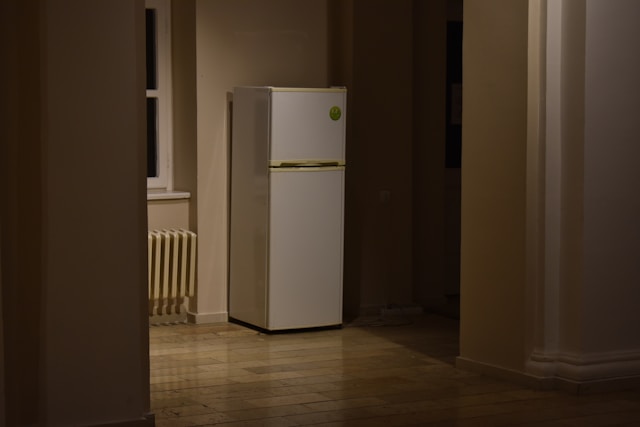Many retailers offer refrigerator recycling programs. Most provide free pickup for recycled appliances, but some may charge a small fee.
Fridges and freezers contain harmful materials like compressor oil, polychlorinated biphenyls, mercury, and ozone-depleting refrigerants. Recycled fridges help keep these harmful chemicals from contaminating the soil and water supply.
Reduces the Demand for Raw Materials
A refrigerator contains plenty of recyclable metal and plastic, so fewer new materials must be mined for other purposes when recycled. This reduces the demand for natural resources, which helps to protect the environment and lower energy costs for consumers.
Many utilities encourage customers to recycle old refrigerators by offering monetary incentives, like utility bill credits or curbside pickup services. The reason is that older refrigerators are more power-hungry than modern models and consume much more electricity to operate, generating a lot of carbon emissions that contribute to climate change.
When a refrigerator is recycled, the different components are dismantled and separated. This includes removing mercury switches and freon refrigerants, damaging the environment by depleting the ozone layer. Refrigerants are replaced with ozone-friendly chemicals, which help to prevent ozone depletion and greenhouse gas emissions. Then, the metals, glass, and plastics produce new products. These recycled raw materials are cheaper than those produced through classic industrial processes.
Reduces the Demand for Energy
Many of the materials in an old refrigerator, such as steel, copper, and plastics, can be recycled. This saves energy and the need to mine more raw materials. It also reduces the release of environmentally harmful gases into the atmosphere, including ozone-depleting chemicals and greenhouse gases.
Refrigerator recycling Sussex County NJ can help consumers lower their electricity bills by reducing the appliance’s energy consumption. Newer, more efficient appliances use much less energy than older models. Replacing a refrigerator over 20 years old with an energy-efficient model that has earned the ENERGY STAR label can save households on their annual utility bill.
Reduces the Demand for Water
Refrigerator recycling requires a certain amount of preparation to get the best results. For example, ensuring that the refrigerant gases are appropriately evacuated is crucial. This is done by removing the compressor, emptying all compartments, and carefully sucking out any coolant or oil.
It is also essential to avoid contaminating the soil, groundwater, or air with harmful chemicals that leach into these environments after disposal. These include compressor oil, mercury, and chlorofluorocarbons (CFCs), ozone-depleting chemicals. The good news is that refrigerator recycling can significantly reduce these chemical losses.
Contact state energy offices or your city waste management department to find out if there are local recycling programs for old fridges. Some electricity providers also offer incentives like cash or utility bill credits for phasing out older appliances and replacing them with new energy-efficient ones. The energy efficiency of these new refrigerators can significantly reduce energy demand. This can help to prevent ozone depletion, global climate change, and other adverse effects.
Reduces the Demand for Landfill Space
If old refrigerators are not recycled properly, they can leak harmful chemicals into the environment. These chemicals can contaminate soil and groundwater. They can also take hundreds of years to break down in landfills, contributing to overcrowding and environmental degradation. However, when refrigerators are disposed of using expert junk pickup services, they are carefully and methodically recycled. This minimizes the demand for landfill space while preventing dangerous chemicals from being released into the environment.
In addition, recycling refrigerators reduces energy consumption. For example, replacing a non-energy-efficient refrigerator with an energy-efficient unit can save and cut greenhouse gas emissions by 400 kilowatt-hours.
Many retailers and manufacturers offer to recycle old appliances when you purchase a new one from them. You can find these programs at the store you’re buying from, through state energy offices, electric and water utility companies, and at local scrap dealers.



